Course Includes:
- Mode: Offline\Online
- Language: English\Hindi
- Certificate: Yes
- Project Certificate: Yes
Java is one of the most popular programming languages in the world. Java is often used in web development, mobile app development, large-scale enterprise applications, and more.Platform Independence: Java is famous for its "write once, run anywhere" capability. Java source code is compiled into an intermediate bytecode, which can be executed on any platform with a Java Virtual Machine (JVM). This portability is one of Java's most significant strengths.Java's platform independence, object-oriented nature, and robust ecosystem make it a versatile language for a wide range of applications. This introduction provides just a glimpse of what Java has to offer. As you delve deeper into Java, you'll discover its powerful features, libraries, and capabilities for various domains of software development,the future of Java looks promising, with ongoing improvements in the language, runtime, and ecosystem. Java remains relevant for a wide range of application domains, and it continues to adapt to meet the needs of modern software development. Whether you are a beginner or an experienced developer, Java is likely to be a valuable skill in your career.
Unlock the power of Java and become a skilled Java developer in just 4-6 weeks. Whether you're new to programming or seeking to expand your skills, this comprehensive course is designed to give you a strong foundation in Java and prepare you for real-world software development.
Join us and embark on your Java programming journey. Start building applications and expanding your horizons as a developer. Don't miss this opportunity to become proficient in Java, one of the most versatile programming languages in the world.
Week 1: Introduction to Java
Day 1: Introduction to Java
Day 2: Variables and Data Types
Day 3: Operators and Expressions
Day 4: Control Structures
Day 5: Arrays and Lists
Day 6-7: Practice and Exercises
Week 2: Object-Oriented Programming (OOP)
Day 1: Introduction to OOP
Day 2: Methods and Functions
Day 3: Constructors and Objects
Day 4: Encapsulation and Access Modifiers
Day 5: Inheritance and Polymorphism
Day 6-7: Practice and Exercises
Week 3: Exception Handling and File I/O
Day 1: Exception Handling
Day 2: Custom Exceptions
Day 3: File Handling in Java
Day 4: Reading and Writing Binary Files
Day 5: Working with Streams
Day 6-7: Practice and Exercises
Week 4: Advanced Java Concepts
Day 1: Introduction to Collections
Day 2: Threads and Concurrency
Day 3: Synchronization and Locks
Day 4: Introduction to GUI Programming (Swing)
Day 5: Introduction to Databases and JDBC
Day 6-7: Final Projects
4 Week Course Content
+
Week 5: Database Connectivity with JDBC
Day 1-2: Introduction to Databases and SQL*
Day 3-4: Java Database Connectivity (JDBC)*
Day 5-6: JDBC Advanced Topics*
Week 6: GUI Programming and Final Projects
Day 1-2: Introduction to Swing GUI*
Day 3-4: Advanced GUI Programming*
Day 5-6: Final Projects
No, you don't necessarily need prior programming experience to learn Java. Many Java courses are designed for beginners. However, having a basic understanding of programming concepts can be helpful.
Prerequisites may vary from course to course, but typically, you'll need a computer with the Java Development Kit (JDK) installed. Familiarity with basic programming concepts, such as variables, control structures, and functions, is also helpful.
The time it takes to learn Java depends on your goals and the intensity of your study. For a basic understanding, you can learn the fundamentals in a few weeks. However, becoming proficient may take several months or more, depending on your dedication.
Learning Java can lead to various career opportunities, including software developer, web developer, mobile app developer, database administrator, and more. The demand for Java developers is strong in many industries.
Yes, Oracle offers Java certifications, such as the Oracle Certified Java Programmer (OCP) and Oracle Certified Java Associate (OCA), which can validate your Java skills and enhance your job prospects.
Yes, Java is one of the primary languages used for Android app development. Android Studio, the official IDE for Android development, supports Java alongside Kotlin.
Yes, Java remains highly relevant in 2023, especially in enterprise-level applications, web development, and Android app development. It continues to be widely used in various domains and industries.
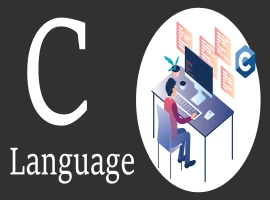
C is one of the most influential programming languages in the hist...
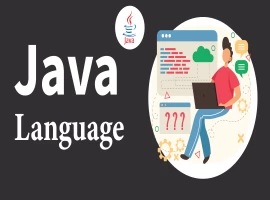
Java is one of the most popular programming languages in the world...

C++ is a powerful, versatile, and widely used programming language...
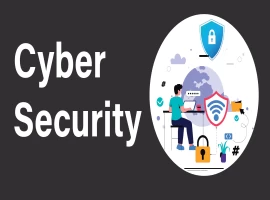
Cyber Security is the study of how th...
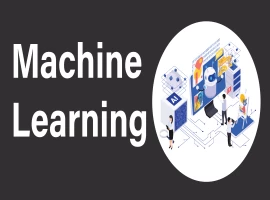
Machine learning is a subfield of artificial intelligence (AI) tha...
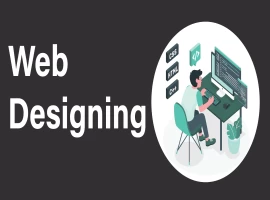
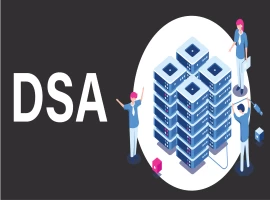
A data structure is a way of organizing and storing data in a computer so that it can be accessed and modified efficien...
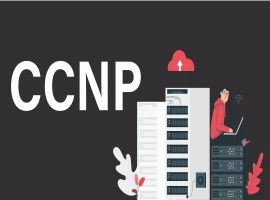
Cisco Certified Network Professional (CCNP) is an intermediate level certifi...
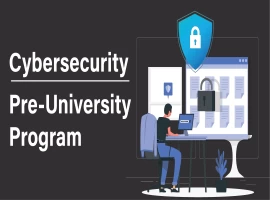
Introduction to Cybersecurity: The course should provide a comprehensive...
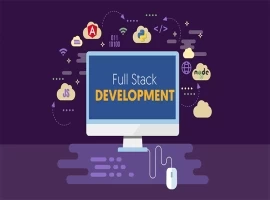
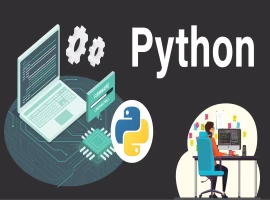
Python is a versatile and beginner-friendly programming language known for its simplicity and readability. In recent years, it has gained immense p...

This course provides a comprehensive introduction to cloud computing, exploring the key concepts, services, and architectures that define cloud env...
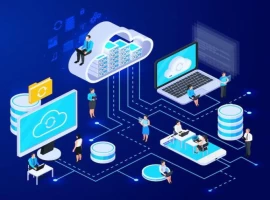
This course offers a foundational understanding of computer networking concepts, protocols, and technologies. It is designed for individuals who ar...

This course provides an in-depth introduction to Artificial Intelligence (AI), covering its core concepts, algorithms, and applications. It is desi...
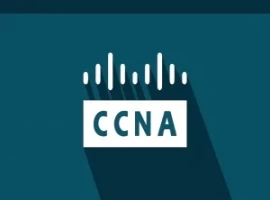
This comprehensive CCNA course is designed to equip you with the foundational knowledge and practical skills required to install,...